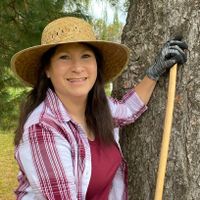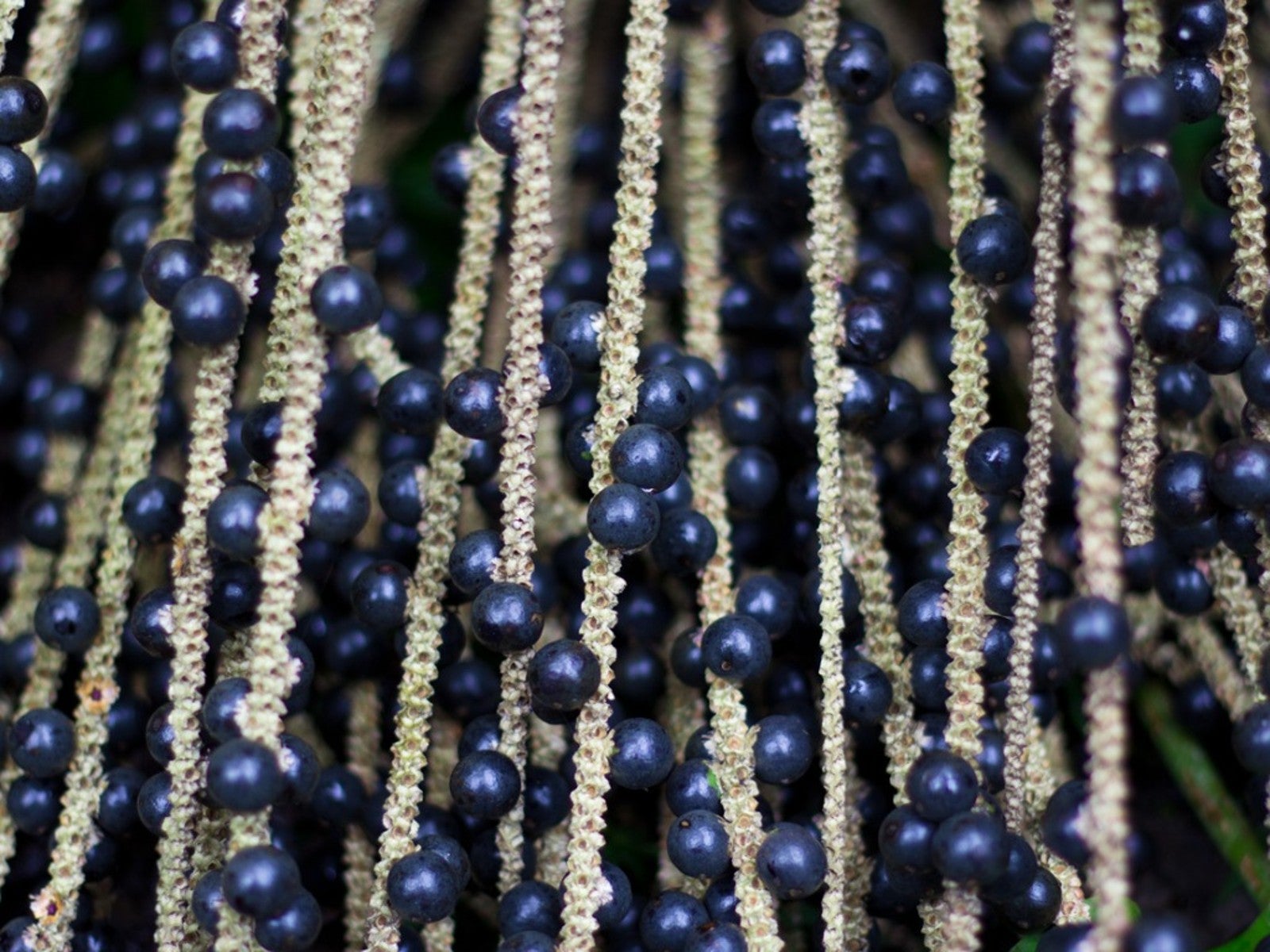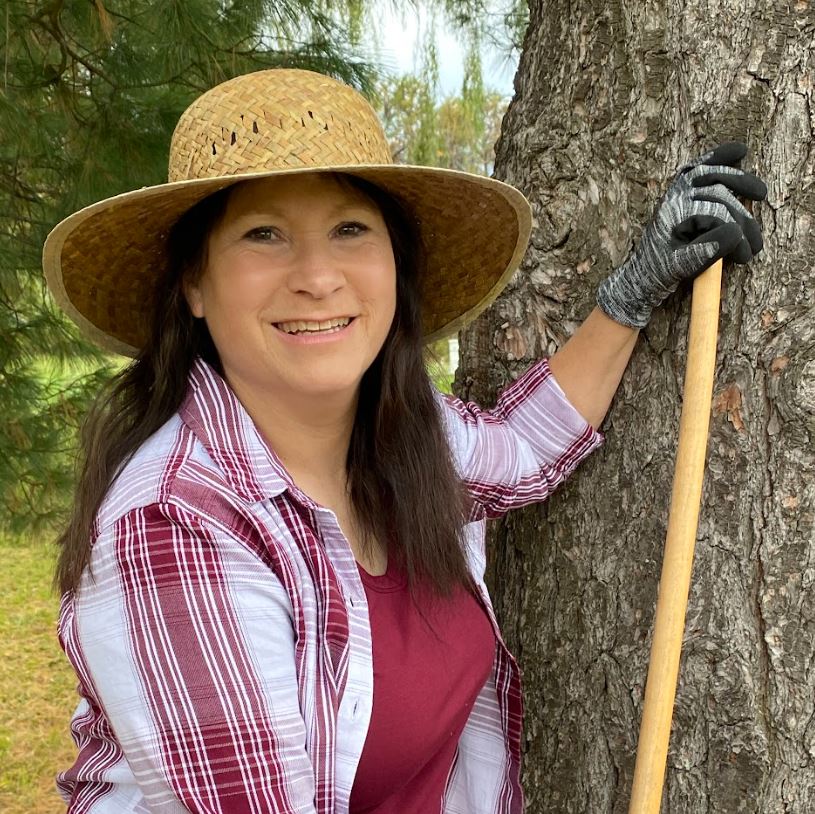How To Grow Acai Berry Trees - Growing Acai Berries From Seed


Sign up for the Gardening Know How newsletter today and receive a free copy of our e-book "How to Grow Delicious Tomatoes".
You are now subscribed
Your newsletter sign-up was successful
Can I grow acai berry trees? Often compared to the blueberry for its similar nutritional benefits, acai products made from this trendy superfood have been finding their way onto grocery store shelves. But due to their short shelf life, fresh berries are difficult to purchase outside acai berry growing zones. Learn all about how to grow acai berries at home.
Can I Grow Acai Berry Plants at Home?
Native to the Amazon rainforest, the palm trees (Euterpe oleracea) which produce the acai berry have been utilized by local South American cultures for millennia. Not only have indigenous populations long consumed the dark purple berries and palm hearts, but they have also harvested the palm leaves and wood for crafting and construction purposes.
As a tropical species, the acai berry USDA growing zones are limited to 10 and 11 in the continental US. In these zones, growing acai berries from seed or purchasing potted acai palm seedlings are the typical way to acquire new plants. These forest-floor plants prefer a shady location and moist, compost-rich soil.
But learning how to grow acai palms at home is possible, even if you live outside the traditional acai berry growing zones. When growing acai berries indoors, whether it's in a greenhouse or as a potted plant, it's best to acquire dwarf specimens, since regular-sized palms reach a mature height of 90 feet (27 m) or more.
Growing acai berries indoors requires a tropical-like setting, and these plants prefer an ambient temperature of 70 degrees F (21 C) or above. Bring the potted plants inside before night temps drop below 50 degrees F (10 C) to protect them. Keep the growing medium moist, and transplant young trees to a larger container every six months.
Growing Acai Berries From Seed
Unlike many common hybrid fruit species, growing acai berries from seed will produce a true-to-type palm specimen. These fast-growing trees take an average of 3 to 5 years to blossom and fruit. A mature palm grown outdoors can produce up to 48 pounds of fruit per year. Gardeners growing acai berries indoors should expect smaller yields.
Here's how to get your acai berry seeds started:
Sign up for the Gardening Know How newsletter today and receive a free copy of our e-book "How to Grow Delicious Tomatoes".
- Use clean, fresh seed. Soak the seeds in water for 24 hours as soon as they arrive.
- Plant soaked seeds about 1 inch (2.5 cm) deep in a pot filled with moistened, soilless starting mix.
- Seal the pot in a plastic bag and place it in a warm location. A temperature of 80 degrees F (27 C) or more is recommended.
- Expect germination within 1 to 2 months. The sprouts will appear as red spikes. Remove the plastic and keep the pot moist.
- Once the plants are 2 inches (5 cm) tall, transplant the acai palm seedlings into individual pots using a quality potting soil mix designed for palms or cacti.
- When planting outdoors, space acai palms 15 feet (4.5 m) apart.
- When growing acai berries indoors, your plant’s height can be controlled by trimming the main stalk and allowing the side shoots to grow and produce fruit.
- Harvest time can be year-round for outdoor acai palms, but may be limited to specific times of the year for potted trees.
- Use or preserve harvested berries quickly.

Laura Miller has been gardening all her life. Holding a degree in Biology, Nutrition, and Agriculture, Laura's area of expertise is vegetables, herbs, and all things edible. She lives in Ohio.